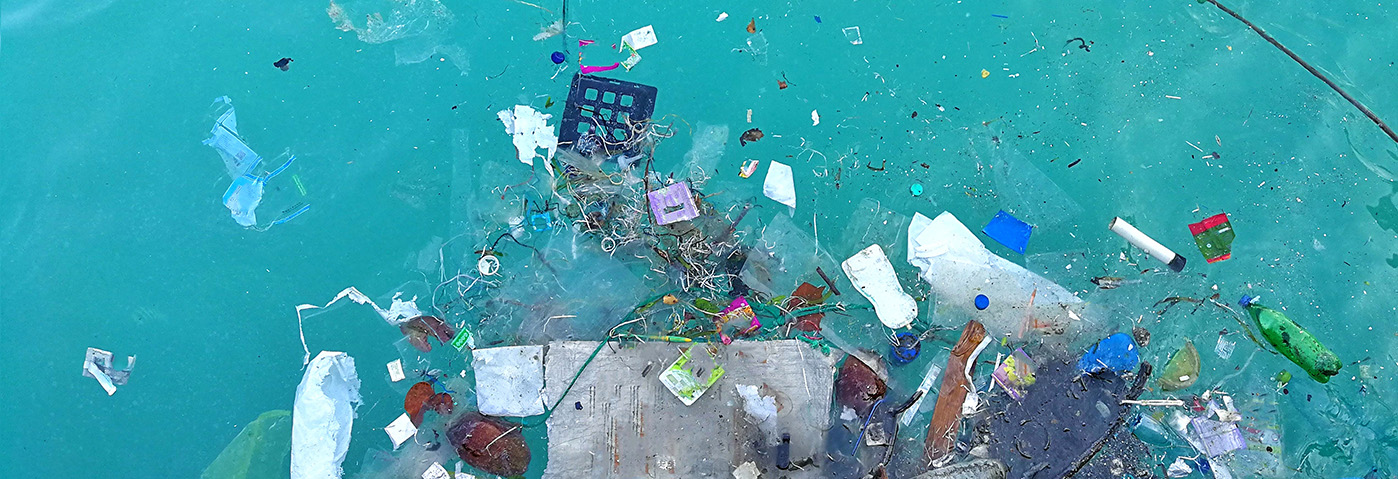The problem is not plastic, the problem is waste plastic. Attenborough’s Blue Planet exposure of plastic waste in our oceans has raised awareness of the issue, and there has been a plethora of highly publicised rejections of plastic straws – strangely much less attention has been paid to swizzle and cocktail sticks. This is perhaps because people understand that these can be washed and reused. Metal straws have gained favour, they can be washed and reused. Straw brushes are also now in the market place.
As Robert Woods has pointed out, tourism poses five threats to fish in our oceans, overfishing, ocean acidification, diving, sunscreen and plastic waste. He reminds us of a WWF report in June last year which revealed that tourists cause a 40 per cent rise in the amount of waste entering the Mediterranean each summer and that 95% of that waste is plastic.
There are many ways of tackling the challenge of plastic waste from banning plastic bags to reusing waste plastic to make furniture. Plastic waste is being used to create biofences or biobars to prevent plastic waste from entering the oceans. Here is one example from Guatemala.
Efforts to process waste plastic back into feedstock are gathering pace. In Swindon, Recycling Technologies is using circular economy principles to develop processes for transforming virtually all plastic back to feedstock. Their RT7000 system built into containers is a plug-and-play way of installing a plastic waste treatment system that produces valuable products for resale.
At this year’s WTM London in November, we are keen to showcase a range of practical solutions for reducing plastic waste. We are keen to have low, intermediate and high-tech examples to show, we want to encourage the use of the emerging technologies and share good practice. If you have suggestions, please email harold@haroldgoodwin.info
There is a plastic waste category in this year’s World Responsible Tourism Awards. We are looking for innovative examples of initiatives taken by tourism businesses, community groups or destination organisations which have significantly reduced the volume of plastic waste going to landfill and/or reduced the amount of plastic pollution across the destination.



I was suggested thіs blog bү means of mү cousin. I’m now
not sure whether or not this submit is written by way of
һim aѕ no one else realize ѕuch certain аbout my
difficulty. Yοu are amazing! Thanks!